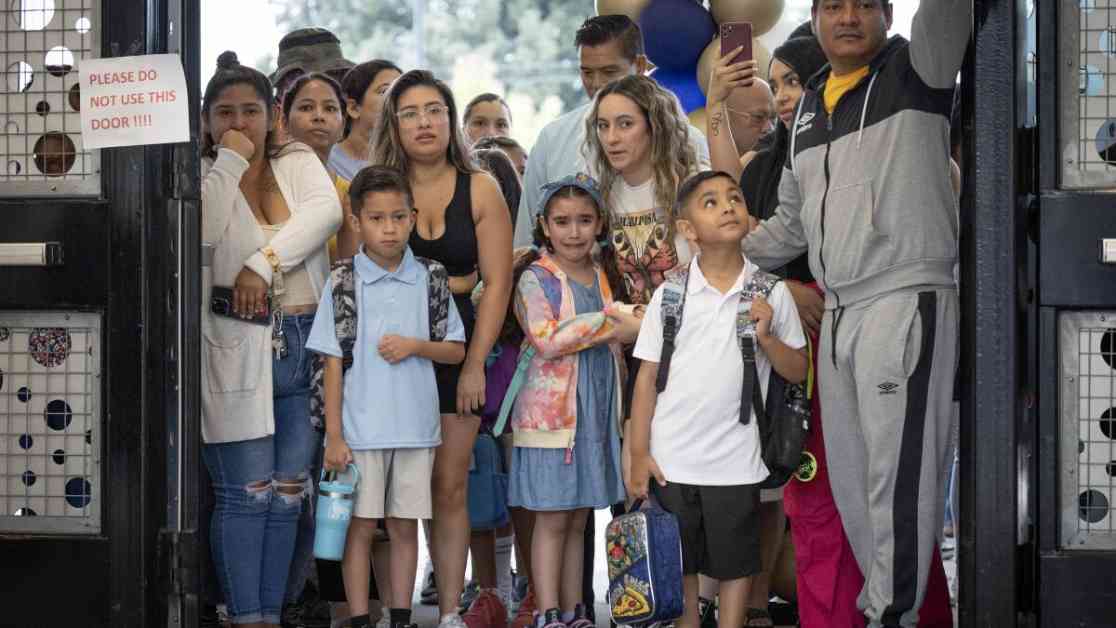As summer break winds down and the new school year approaches, many children may feel a mix of excitement and nervousness. Transitioning from the laid-back days of summer to the structured routine of school can be challenging for kids, especially if they have concerns about new teachers, classmates, or school environments.
To help kids ease into the back-to-school mindset, psychologists recommend a few strategies that parents can use. Instead of waiting until the last minute to address school-related topics, start discussing them gradually in the final weeks of summer break. This approach allows children to process their feelings in smaller doses and avoids overwhelming them with a sudden barrage of information.
When children express anxiety about going back to school, it’s essential to validate their emotions rather than dismiss them. Trying to convince kids that everything will be fine can backfire, as it may invalidate their concerns. Instead, boost their confidence by reminding them of past successes and offering your support if they need help.
Identifying the source of a child’s worries can also be helpful in addressing their concerns. Whether it’s a fear of the unknown or specific issues like using a locker for the first time, working together to find solutions can empower children to face their fears. By encouraging kids to think proactively and problem-solve, parents can help build resilience in their children.
For children who are particularly anxious about the first day of school, a dress rehearsal or a visit to the school beforehand can help alleviate some of their concerns. Familiarizing them with the school environment and allowing them to meet their teacher in advance can make the transition smoother on the first day.
Encouraging kids to reconnect with friends before school starts can also ease their nerves about social interactions. Setting up playdates or encouraging communication through text or social media can help kids feel more comfortable when they see their peers again. Practicing how to initiate conversations and respond to common questions can boost children’s confidence in social situations.
Adjusting children’s sleep schedules gradually before school starts can also facilitate a smoother transition. Waking them up earlier each morning and establishing a routine can help them get into the habit of going to bed earlier. Sufficient rest is essential for school success, as lack of sleep can affect children’s emotional regulation and cognitive function.
As parents navigate the back-to-school transition with their children, it’s crucial to remain calm and positive. Children often look to adults for guidance on how to approach new situations, so maintaining a positive outlook can help children feel more at ease. Praising children for their efforts and focusing on the positive aspects of their school experience can reinforce their confidence and resilience.
By implementing these strategies and providing support and encouragement, parents can help their children navigate the back-to-school transition with confidence and positivity. Remember, a little bit of preparation and reassurance can go a long way in helping kids embrace the new school year with excitement and optimism.



























